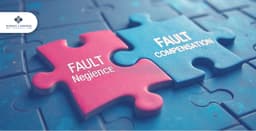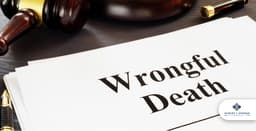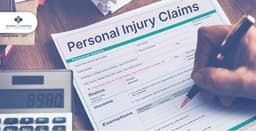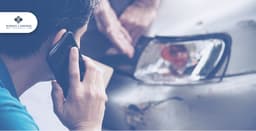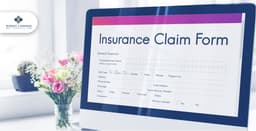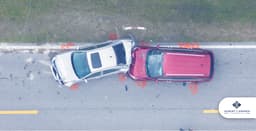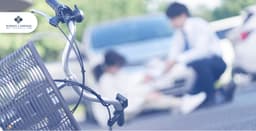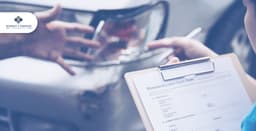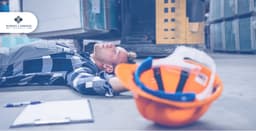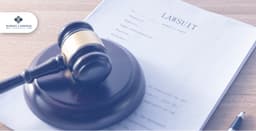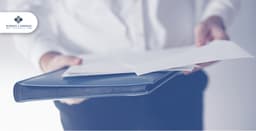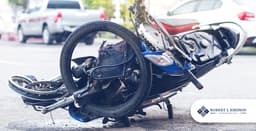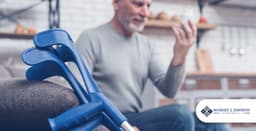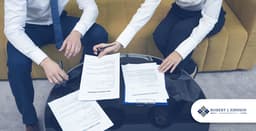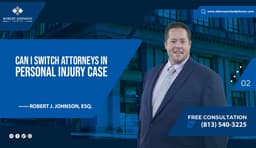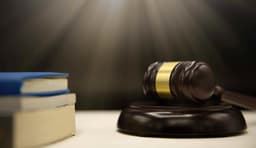
November 19, 2024
Protecting Your Rights After a Bicycle Accident 6 Legal Steps to Take
Riding a cycle is fun and a great way to get around the city. But these two wheels can sometimes put your life at risk. Especially when you’re sharing the road with much larger and heavier vehicles like cars, trucks, and SUVs. As a cyclist, you don’t have much protection beyond your helmet, so accidents can lead to serious injuries. It’s important to trust that drivers will be careful, but you also need to be aware of those who might not pay attention to cyclists.
If you’re ever in a bicycle accident, knowing what to do is crucial to protect your rights. Our Attorney has over 20 years of combined experience handling bicycle accidents across Florida. We have the knowledge and resources to help you protect your rights and get the fair compensation you deserve.
What Florida Law Says for Bicyclists
Bicycles are considered vehicles in Florida. So it’s pretty obvious that cyclists must follow the same traffic laws as drivers. This means stopping at red lights, yielding to other vehicles and pedestrians, and obeying all road signs. Cyclists must ride in the same direction as traffic, not against it, and have the same rights and responsibilities as motorists.
For e-bicycles, there are three classes based on speed–
Class 1 and Class 2 e-bicycles, which go up to 20 mph, can use bicycle lanes and paths.
Class 3 e-bicycles, which can go faster, are only allowed on bicycle lanes and roadways.
Cyclists must also use lights when riding between sunset and sunrise—a white front light visible from 500 feet and a red rear light or reflector visible from 600 feet. Functional brakes are required to stop within 25 feet when riding at 10 mph on dry pavement.
Traffic Laws For Bicycle Riders
Cyclists must obey all traffic signals and signs, signal turns, and ride in the same direction as traffic. They can use sidewalks but must yield to pedestrians and signal when passing. On roads, cyclists should ride as far to the right as possible, using bicycle lanes when available, unless traveling at the same speed as traffic or avoiding hazards.
Violating these laws can lead to fines, so it’s important for cyclists to follow them to stay safe and avoid penalties.
Take Legal Steps & Protect Your Rights After a Bicycle Accident
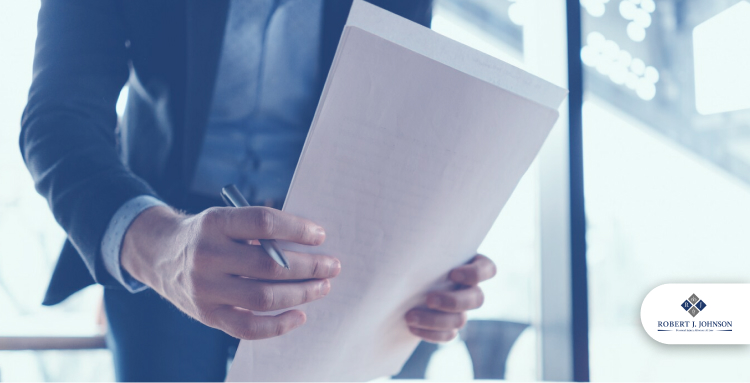
1. Safety Always Comes First
Immediately after the accident, your safety should be your top priority. If you’re able to move, get to a safe location away from traffic to prevent further injury. If you’re seriously hurt, try to stay still and wait for help.
Even if you think your injuries are minor, it’s important to see a doctor right away. Some injuries, like concussions or internal injuries, may not show symptoms immediately. Getting medical attention quickly also helps document your injuries, which is important for any legal claims later.
2. Call 911 & Report the Accident
The next thing you must do is call the emergency services like 911. Contact the police and tell them about the accident, your location, how many people are involved, and if anyone is injured. You also need to file a report to the local police or sheriff. Why it’s necessary if you may ask-
A police report creates an official record of the accident, which is important for insurance claims and legal proceedings. It includes details like the time and place of the accident, witness statements, and the officer’s observations.
The police report can help determine who was at fault by providing an unbiased account of the events. This can be crucial when dealing with insurance companies or legal disputes.
If there’s any disagreement between you and the other party involved in the accident, a police report can help resolve the issue more quickly. It serves as a neutral piece of evidence that both sides can rely on.
Even if the accident seems minor, a police report can still be important. It can help if injuries show up later or if property damage is worse than initially thought. Accurate and detailed documentation can be very helpful in these situations.
3. Document the Scene & Gather Evidence
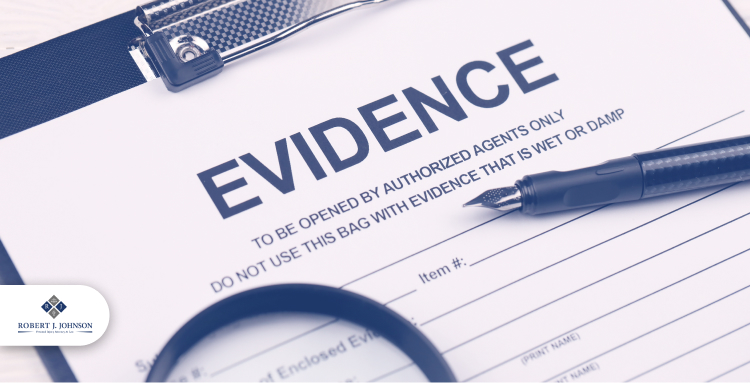
If you’re able, take photos or videos of the accident scene. Capture the positions of vehicles, your bicycle, and any visible injuries. Also, photograph any road signs, traffic lights, or other conditions that might have contributed to the accident. This visual evidence can be very helpful when proving your case.
If there were any witnesses, ask for their contact information and a brief statement of what they saw. Their testimony could be vital in supporting your version of events.
Keep all medical records related to your injuries, including doctor’s notes, treatment plans, and bills. Also, save receipts for any expenses related to the accident, such as medication or transportation to medical appointments. This documentation will be important if you need to prove your damages later.
4. You Need to File a Claim
Florida's No-Fault Law: In Florida, filing a bicycle accident claim involves working within the state’s no-fault insurance system. This means your own insurance will cover some of your medical expenses and lost wages, regardless of who caused the accident. Known as Personal Injury Protection (PIP) insurance.
Personal Injury Protection (PIP) Insurance: Your Personal Injury Protection (PIP) insurance can cover up to 80% of your medical bills and 60% of your lost wages, up to the limits of your policy. This is particularly important if you’ve been hit by a motor vehicle while cycling.
Consider Filing a Lawsuit: If the driver of the vehicle is at fault and your injuries are serious, you may need to file a claim against their insurance. Notify your own insurance company about the accident as well. Consulting with a bicycle accident lawyer is crucial to ensure you receive fair compensation, especially since insurance companies might try to minimize payouts.
For cases involving severe injuries or emotional distress, you might need to file a personal injury lawsuit to seek compensation beyond what PIP covers. This can include additional medical expenses, damage to your bicycle, and even costs for emotional trauma. Collecting and organizing all relevant documents, receipts, and witness statements will help support your claim and lead to a fair settlement.
5. Consult a Personal Injury Attorney
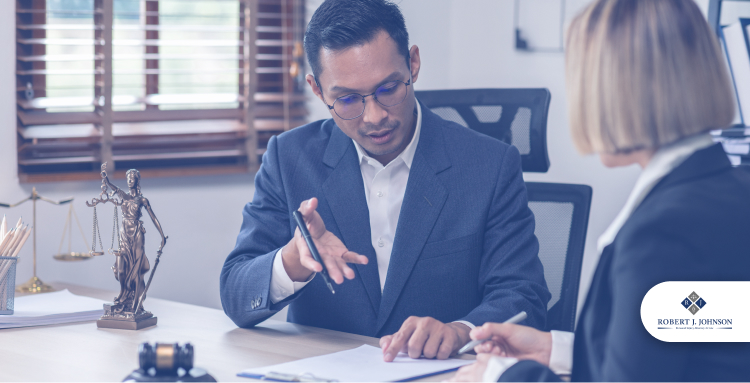
It’s a good idea to consult with a personal injury attorney who specializes in bicycle accidents. They can review your case, explain your options, and guide you through the legal process. However, an attorney can also help you find out at fault.
Identifying fault in a bicycle accident involves identifying negligence—when someone fails to act with reasonable care. This includes reviewing the accident scene, witness statements, and any available footage. Negligent actions like texting while driving or not yielding can show the driver’s fault.
In cases where both the cyclist and driver share fault, Florida’s modified comparative fault rule applies. You can still receive compensation if you’re less than 50% at fault, but your compensation will be reduced by your share of the blame.
An attorney can help gather evidence, accurately determine fault, and ensure you receive fair compensation.
6. Protect Your Rights
Finally, protect your rights by doing these two last things–
Don’t Admit Fault: Be careful not to admit fault or make statements that could be interpreted as accepting blame, either at the scene or when speaking to insurance companies. Leave it to the professionals to determine the fault.
Stay Off Social Media: Avoid posting about your accident or injuries on social media. Insurance companies and opposing lawyers may use your posts against you, even if they seem harmless. It’s best to keep the details of your case private until it’s resolved.
4 Common Causes of Bicycle Accidents
Bicycle accidents can happen for many reasons. Often, it's because drivers are careless or the roads are bad. Here are some common things that cause bicycle accidents:
Drivers who are drunk: Drinking and driving is very dangerous for everyone on the road.
Accidents at night: It's harder to see at night, so bicycle accidents are more likely to happen then.
Busy roads: With lots of cars, it's easier for accidents to happen.
Bad roads: Holes, bumps, and broken parts on the road can make it hard to ride a cycle safely.
Types of Accidents
These things can lead to different kinds of bicycle accidents:
Rear-End Collisions - A driver fails to see a cyclist and crashes into them from behind.
Left Cross Accidents - A car turns left in front of a cyclist, causing a crash.
Right Hook Crashes - A driver turns right, cutting off a cyclist who is going straight.
Intersection Accidents - A vehicle doesn’t yield to a cyclist at an intersection.
Pull-Out Accidents - Drivers pull out of driveways or intersections without checking for cyclists.
Dooring Accidents - A car door opens in front of a cyclist, causing a crash.
These accidents highlight the importance for both cyclists and drivers to stay alert and aware of their surroundings to prevent serious injuries.
Take Prevention For Future Bicycle Accidents
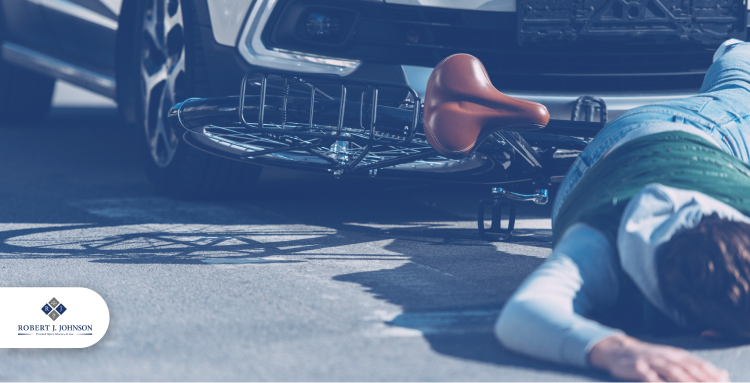
Avoiding bicycle accidents requires both cyclists and drivers to be careful. Wearing a helmet is one of the best ways to stay safe, as it can greatly lower the chance of head injuries. It's important to wear a helmet that fits well for the best protection. Cyclists should also wear bright clothes during the day and use reflective gear and lights at night to be more visible.
For more detailed information on how to prevent bicycle accidents, check out our linked article.
How Can Our Personal Injury and Accidents Attorney Help You
Our personal injury and accident attorney, Robert Johnson, has over 20 years of experience fighting for the rights of people injured in bicycle accidents. After a bicycle accident, you may be facing medical bills, lost wages, and pain and suffering. Our attorney knows how to handle personal injury cases and will fight to get you the money you deserve.
Legal Advice and Representation: Robert Johnson will give you clear and simple legal advice. He will represent you when dealing with insurance companies and in court if needed.
Gathering Evidence: He will collect all the evidence needed for your case, like police reports, medical records, and witness statements.
Determining Fault: Robert Johnson will investigate the accident to find out who is responsible and make sure they are held accountable.
Maximizing Compensation: He will work hard to get you the most money possible for your injuries, including medical bills, lost wages, and pain and suffering.
Support and Guidance: Throughout the process, Robert Johnson will be there to answer your questions, give you updates, and support you, so you feel confident and informed.
Contact Robert Johnson today for a free consultation and let us help you get the justice and compensation you deserve. Visit our website at attorneyrobertjohnson.com to learn more and schedule your appointment.

